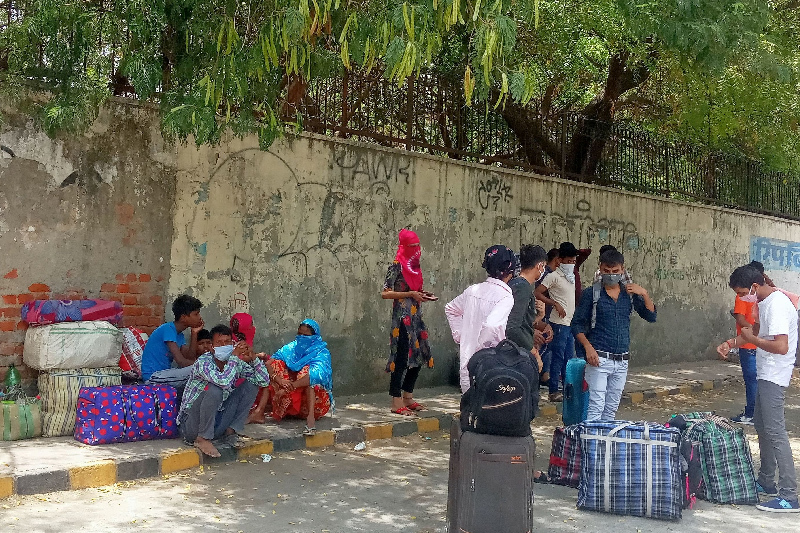

There are currently 85.6 million migrant workers supporting Asia’s booming yet often exploitative labor market.
There are currently 85.6 million migrant workers supporting Asia’s booming yet often exploitative labor market. These marginalized migrants propel industries like manufacturing, construction and domestic work while confronting entrenched abuses. “When migrants access their full rights, they unlock their complete potential,” said IOM Director General Amy Pope. Safeguarding migrants’ well-being and dignity is imperative for both ethical and economic reasons.
Dubbed “Migration, Business and Human Rights” (MBHR), this new initiative focuses on major destinations like Thailand, Malaysia, and Nepal where systemic abuse festers but transformation is possible. The Bangkok-based $12 million program will reinforce human rights and ethical business practices across operations and supply chains where migrant workers concentrate in the greatest numbers. “The private sector shapes migrant realities on the ground,” said EU Ambassador David Daly, a key backer, underscoring the vital need for responsible employment and recruitment reforms industry-wide.
Stark statistics underpin the urgent need for systemic reform. Asia-Pacific hosts over 50% of the 28 million global forced labor victims, per the latest UN estimates. Simply put, migrant worker exploitation in the region has hit epidemic proportions. Given the vast scale of abuse each year, this program’s success in advancing ethical business could ripple across Asia.
The IOM stresses that protecting Asian migrant workers cannot fall upon any single institution; it requires a collaborative, multi-stakeholder movement centered on the migrants themselves. Following this ethos, MBHR Asia convenes governments, businesses, trade unions and advocates under a common purpose: to embed migrants’ perspectives and needs in policy and corporate realms region-wide. Only through such unity can deeply embedded abuses be tackled.
This rights-focused initiative builds on the IOM’s long track record in Asia. To date its partnerships across the region have aided over 600,000 migrants through initiatives like ethical recruitment, workplace justice mechanisms, skills training and other forms of capacity building.
Over the next five years, MBHR Asia will leverage these past efforts while breaking new ground. With continued cross-sector collaboration, this movement hopes to at last secure safety, and dignity and realise the potential for Asia’s marginalized migrant workforce.
The DAX market is projected to begin the day without significant movements on Thursday, March 20, 2025. The markets of…
February’s employment data from Australia revealed surprising weakness with employment decreasing by 52,800, after a trend of strength. In terms…
All in all, the impacts of artificial intelligence and automation on job security have raised wide-spread concerns and discussions. With…
According to Angelique Renkhoff-Mücke the business landscape in the United States became less attractive for foreign investors when former President…
During the 2025 Game Developer Conference in San Francisco, the United Videogame Workers Union officially launched on Wednesday as a…
Google has agreed to pay $28 million to settle a class-action lawsuit that accused the tech behemoth of sending better…
This website uses cookies.
Read More